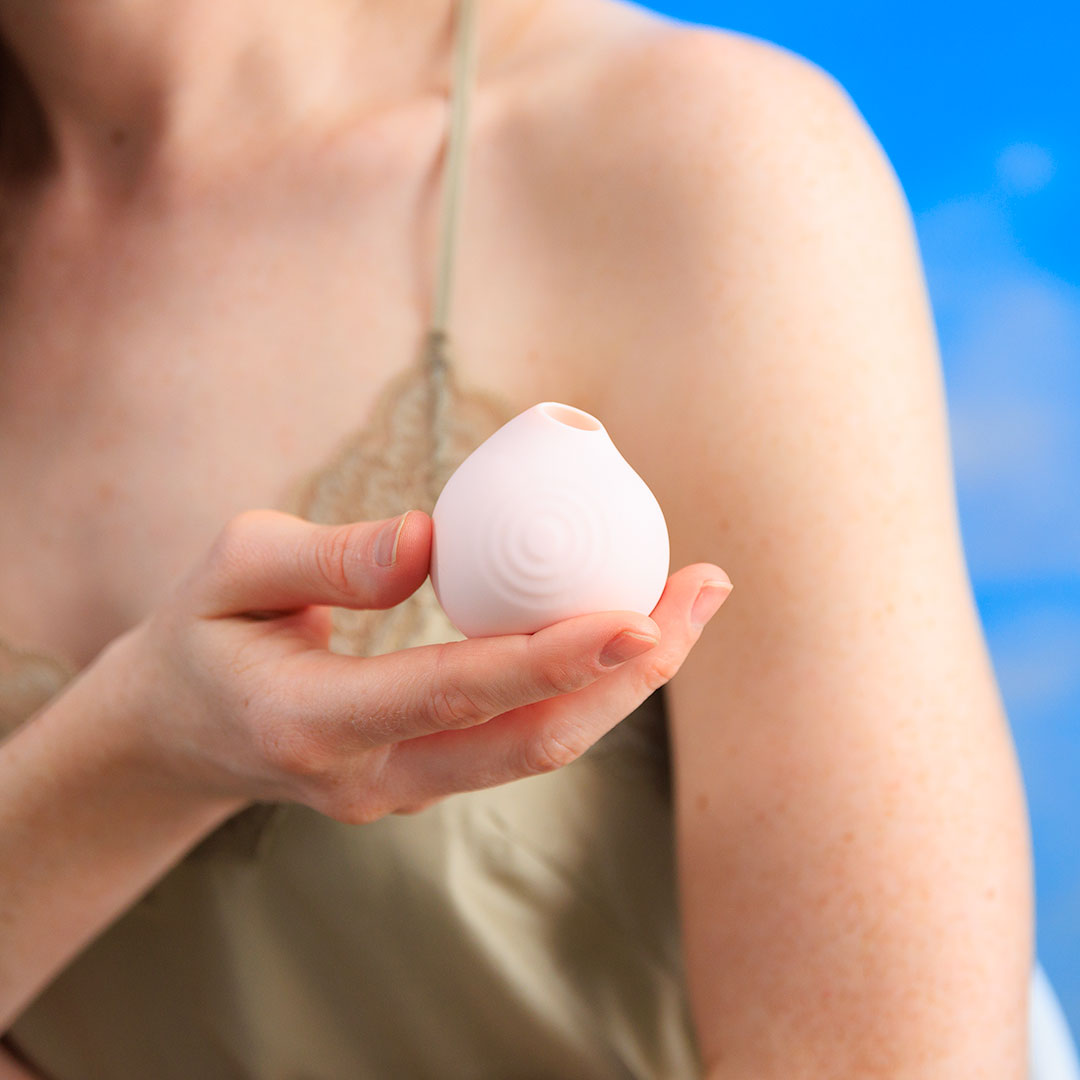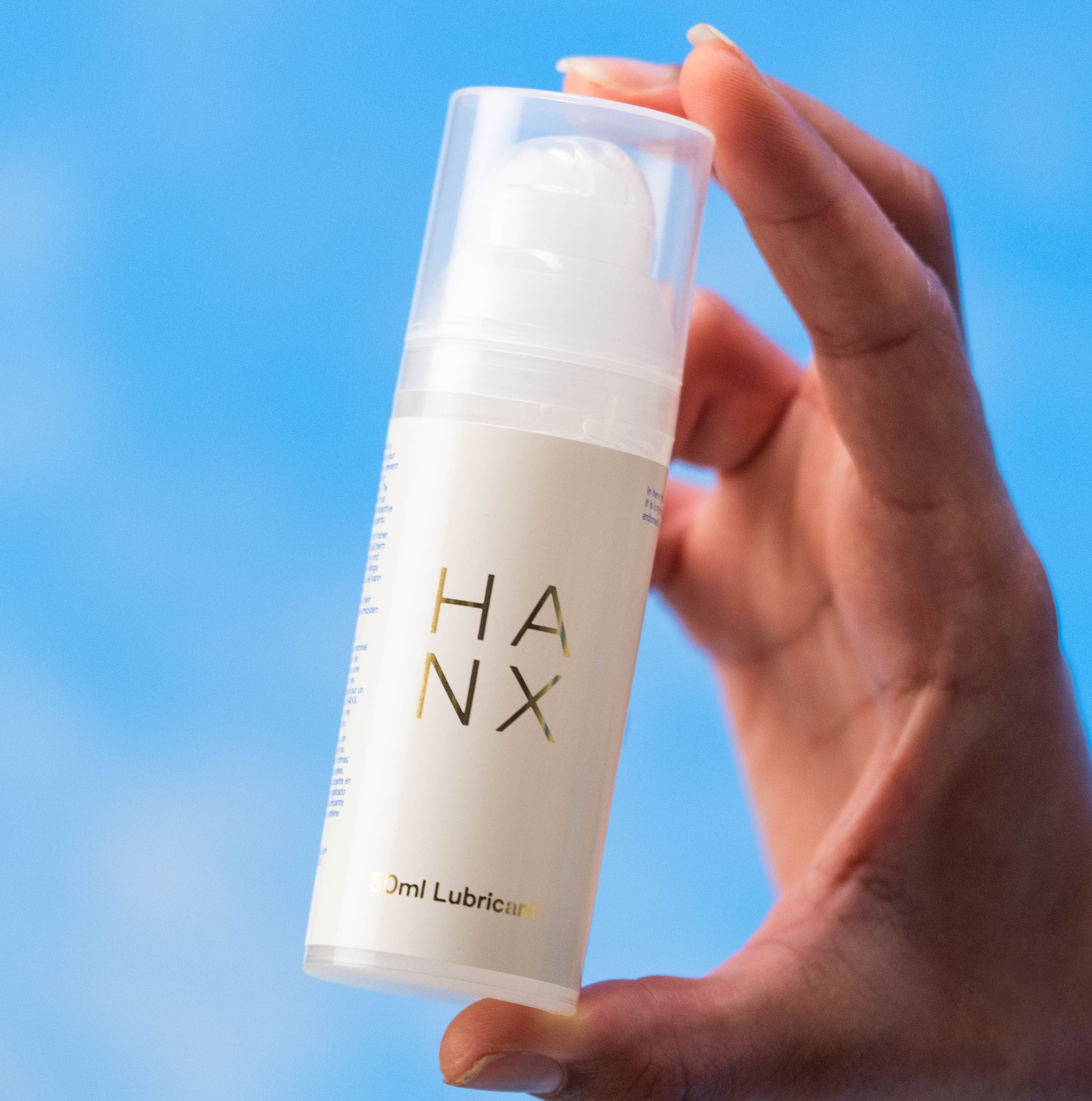Is The COVID-19 Vaccine Affecting Our Periods?
The COVID-19 pandemic has brought with it a wave of medical studies and incredible innovation in the form of life saving vaccines… though there’s one hot topic hitting headlines that demands a closer look. From Twitter to Reddit to our Instagram DMs, a number of menstruators have reported disruption to their standard cycle after receiving Pfizer, Oxford/AstraZeneca or Moderna.
First things first: if you can get jabbed, get on down and do it. There is still a lot of research still to be done with regards to the effect the Covid-19 vaccine has on periods, and research in immunology and reproductive health in general. However, it is important that those around the world who can be vaccinated do get vaccinated, as this virus is still dangerous. Getting vaccinated and boosted protects both ourselves and others, too.
*January 2022 Update: a study by US-based the National Institutes of Health published in Obstetrics and Gynaecology suggests that COVID vaccination can add an extra day to menstrual cycles. Of the nearly 4,000 women who took party in the study, on average, their periods started one day later than usual. However, the study has not shown any increase in bleeding during that menstrual cycle and emphasises these changes are temporary. This information might prove reassuring for those who have experienced a change in their period, or serve as additional info to help you know what to possibly expect afterwards.*
Want to know more? Join our Co-Founder Sarah Welsh, AKA Dr HANX, for a deep dive into the science behind the vaccines – and why the crimson wave might seem a little different post-vax.
How The Covid-19 Vaccines Work
Currently, there are three main types of Covid-19 vaccines including:
1. mRNA vaccines- These contain genetic material from the virus that causes Covid-19, and this gives our cells instructions on how to make a protein, which is harmless to us but unique to the virus. After our cells make copies of the protein and remember this, they destroy the genetic material from the vaccine. mRNA vaccines include the below examples:
- Pfizer
- Moderna
2. Protein subunit vaccines- These include harmless pieces of the virus that causes Covid-19. Protein subunit vaccines include the below example:
- Novavax
3. Vector vaccines- These contain a modified version of a different virus to Covid-19, and inside the shell of this virus, there is material from the virus that causes Covid-19. This is called a “viral vector.” The genetic material gives our cells instructions to make a protein that is unique to the virus that causes Covid-19, so our body can make a copy of the protein. Vector vaccines include the below example:
- AstraZeneca
- Johnson & Johnson
With all the types of vaccines above, the mechanisms mean that our bodies will know how to fight Covid-19 if infected in the future.
The Vaccine and Periods
Onto what you’re really here for: the answer to whether your COVID jab is affecting your period. Something to bear in mind with the vaccine and periods is that the vaccine is creating an immune response in your body, and your menstrual cycle is very closely linked with your immune system.
Now, let’s answer your questions:
-
Has it really affected my period or am I paranoid?
The UK’s Medicines & Healthcare Products Regulatory Agency (MHRA) has so far received more than 13,000 reports from people who have experienced period changes after having a Covid-19 vaccine. It is very possible the vaccine has affected your cycle, but as this topic has been making waves in the media, it may be that you’re hyper-aware of any changes. It’s also worth mentioning that there are many reasons your cycle may change – not just the jab.
If things do not settle after a few cycles, or you’re concerned about your cycle, it’s worth chatting to your GP.
-
Since having the vaccine, my period is light and my cycle is irregular. No, I’m not pregnant!
People’s bodies respond differently to different triggers, and our menstrual cycles are susceptible to many external factors.
As mentioned above, it’s firstly good to check whether you’re pregnant in this scenario. Other factors that can cause light or irregular bleeding including hormonal contraception, certain medications, PCOS (Poly Cystic Ovarian Syndrome), changes to the cervix (the neck of the womb) and many lifestyle factors. For example, if you’re stressed out (which a global pandemic is quite likely to influence!), you’re exercising a lot, have had a change in body weight, amongst many other factors, your period could become lighter. Equally, women in their 30’s often naturally experience a change in their cycles.
However, if your cycle does not settle into a regular pattern, or you’re worried about any changes you’re experiencing, see your GP as there may be something else going on which they can investigate and support.
-
My first period after the jab was extra heavy and painful…
You’re not alone. This is something that other people have reported, too.
The research is in early stages, and there is a lot more analysis to be done on the effect the Covid-19 vaccine could have on some individuals’ menstrual cycles. However, the theory is that the Covid-19 vaccine triggers an immune response, which may be affecting inflammatory responses in the body, leading to fever and tiredness and which could involve the processes that regulate the menstrual cycle in some people too.
The initial analysis indicates that the vaccine is not acting on hormones, but rather the inflammatory or haematological (blood) systems of the body. The blood that builds up inside the womb, to create the lining, which is shed when you have a period, and builds up throughout the rest of the menstrual cycle, relies on these systems and therefore if affected, may well be affected too. Hence, it is only likely to affect one or two menstrual cycles before settling back to normal.
-
Have there been any studies on how the vaccine affects people with PCOS?
Not yet, this is still a very under researched area, but as more and more people get the vaccine and we see any patterns emerging, there will be more data and advice available.
There have been some small studies suggesting that people who have Polycystic ovarian syndrome PCOS are at a higher risk of getting Covid-19, and although this has not been proven, it is advisable to get the Covid-19 vaccination unless indicated otherwise (of which PCOS is not a contraindication).
-
Someone told me Pfizer makes boobs bigger which mine are… any truth to that?
It might seem strange but there’s a logical reason for this. The Covid-19 vaccines tell the body how to combat the virus, so we can fight it if faced with Covid-19, and in turn, this activates the immune system. Our lymph nodes (part of the immune response) contain cells which use this information to generate antibodies in response to a foreign body. We have lymph nodes in many areas of our body, including in our breasts. The build-up of antibodies in the lymph nodes can cause them to become enlarged.
Hence, this immune response can lead to breasts feeling larger. However, this is likely to be temporary only, following the Covid-19 vaccine. It typically occurs 2-4 days after having the vaccine and lasts up to 3 months.
-
Since having Pfizer my periods are heavier and my emotions are 50% higher than ever before
The Covid-19 vaccine may well cause heavier periods for a few menstrual cycles, due to the immune response of your body to the vaccine (see Qs above), which should be temporary only.
In terms of your emotional response, be kind to yourself. We’ve had to endure a lot of change, grief, stress and uncertainty in the past 18 months, which has been very difficult for many people. Having the vaccine is another stage in the Covid pandemic journey which can affect us emotionally as well as physically.
As we’ve discussed, the vaccine causes an immune response in our bodies, which can have many side effects including lethargy, malaise, and irritability. These symptoms can really affect our emotions.
Surround yourself with support, and look after your health with good nutrition, exercise, and sleep. As with side effects, this too will pass.
-
Why was my period a week later?
Whilst the January 2022 study results show that the COVID vaccine can temporarily delay periods by a day on average, there are many reasons why your period could be late and it's important to consider some other factors at play here.
The main causes of a late period include pregnancy, so take a test to be sure. Another factor is stress. Shock, horror (!), many of us are stressed, which hasn’t been helped by the pandemic. Other things that can cause late periods are sudden weight loss, over-exercising, taking hormonal contraception, the menopause and PCOS.
If your cycle doesn’t return to normal after a month or so, see your GP to see if there is anything else going on.
-
Any advice for managing a post vaccine period? I’m nervous?
Hopefully, this deep dive has helped put you at ease. The post vaccine period side effects some are experiencing are often mild and should not deter you having the vaccine. Remember: you’re not alone, and the side effects are temporary.
Heavy and painful periods can be managed with simple pain relief (such as paracetamol and ibuprofen), and if you are unable to cope with the symptoms, are worried there is something else going on, or want support, then see your health professional - they are there to help.
The Last Word. Period.
Yes, some women and people who menstruate are experiencing changes in their menstrual cycle (mainly heavier bleeding) after having the Covid-19 vaccine. However, this is only temporary, and shouldn’t put you off having the vaccine. Being aware of potential side effects means we can be prepared for them, too.
We can’t talk about this hot topic without also acknowledging that the gender medical gap is real and has a role to play in our currently limited understanding of how jabs are impacting periods. Ultimately, more research is needed (check out the work of Drs Clancy and Lee over in the US and take the WILD.AI team's survey here in the UK) into this phenomenon, and the effect on the menstrual cycle is something we need to consider in all future vaccine clinical trials.
We started HANX both to improve upon the standard sexual wellness for women and provide engaging, easy to understand, medically backed education on ‘taboo’ topics. Put it this way: if you understand the body’s processes and are in tune with your own cycle, you’re more likely to notice when something doesn’t seem right – and get the support and medical help you might need. So, if you have experienced a change in your menstruation situation (even without the jab), it’s important not to dismiss it. Noticed any unusual bleeding? Contact your doctor as this could be due to many different reasons and they will be able to correctly advise and support you.
We’re keen to hear if you are experiencing anything similar, so please do share and we can support one another. Check out our forum to chat more.






















